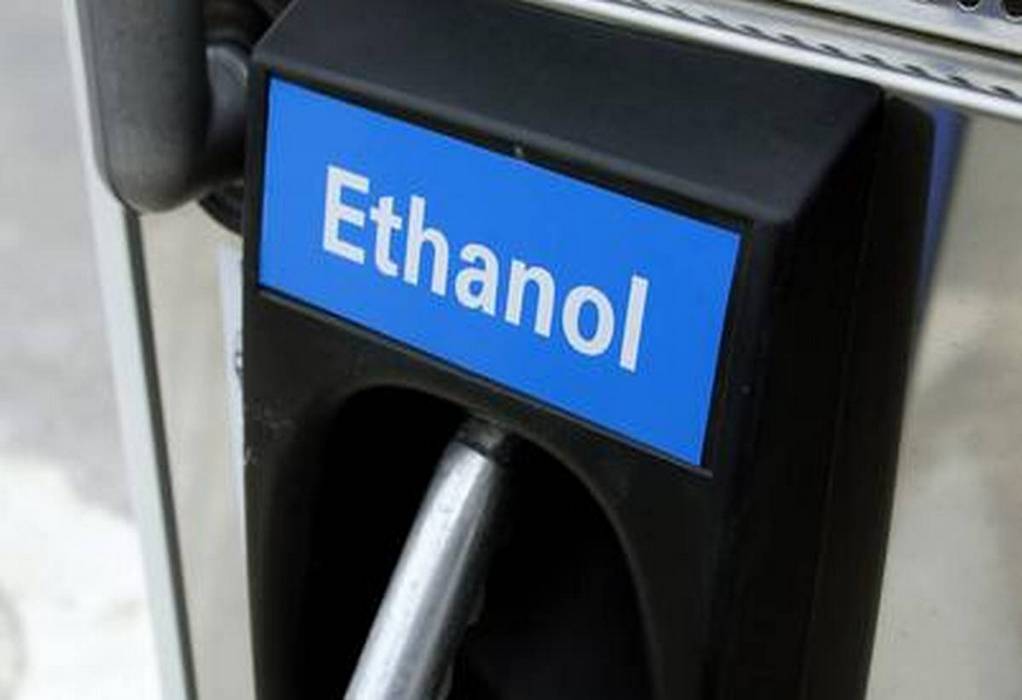Tamil Nadu plans to raise 50bn rupees ($605mn) through investments for boosting molasses and grain-based ethanol production and meet its ethanol-blending requirement.
The state’s ethanol blending policy 2023 will support domestic production of fuel-grade ethanol under the national Ethanol Blended Petrol (EBP) programme, which has set a target of 20% ethanol blending in gasoline (E20) by 2025.
Tamil Nadu’s gasoline demand will rise to 3.3mn t/yr (76,000 b/d or 4.4bn litre/yr) by the April 2024-March 2025 fiscal year, which means the state will have an ethanol blending requirement of 900mn l/yr by 2024-25, the policy document said. Tamil Nadu will have a total planned ethanol blending requirement of 1.3bn l/yr including demand from other states, it said.
Local production will insulate the state from import price fluctuations, address pollution concerns and increase agricultural output and use of surplus and damaged produce, the policy document said.
Tamil Nadu is a major automobile market with it having the third-largest number of vehicles in India. It is also the third-biggest gasoline-consuming state in India after Uttar Pradesh and Maharashtra, with its consumption of 63,000 b/d in 2021-22 accounting for around 9pc of India’s total gasoline consumption of 714,000 b/d, according to data from India’s oil ministry.
Tamil Nadu currentl has a production capacity of 664,000 l/d for fuel-grade ethanol under the EBP, with further projects of 160,000 l/d planned, the document said. Many entities have expressed interest in investing and building standalone grain-based ethanol plants, it added.
New grain-based distilleries or expanded units, new molasses and sugar-based distilleries, new dual-feed distilleries of which one feed is molasses, as well as molasses and grain-based distilleries converted to dual feed, will fall under the policy, the government said. But units that sell produced ethanol to buyers other than oil marketing companies or for purposes other than ethanol blending are not covered under the scope of the policy, it added. The policy will be in force for five years.
Ethanol can be produced from molasses, a by-product of sugar manufacturing. Units eligible for ethanol production under the EBP programme can use heavy molasses, sugarcane juice, sugar, biomass, sweet sorghum and industrial waste as feedstock among others, the government said. But sweet sorghum has more potential as an ethanol feedstock because of its high yield compared with grains and sugar, with the state carrying out extensive crop improvement research for sorghum, the document said.
The policy will help revive the sugar industry by increasing capacity utilisation of sugarcane crushing plants, the document said. It is also expected to increase use of the sweet sorghum crop, which will increase returns for farmers. The policy will also help reduce emissions.
Tags: Blending, Ethanol, Gasoline, Tamil Nadu



Recent Posts
GCMD Publishes Insights from Landmark Ammonia Transfer Trial Off Western Australia
GEODIS Releases 2024 Activity and Sustainability Report, Reaffirms Climate Commitment
Strengthening India-Norway maritime ties at Nor-Shipping 2025
Magenta Mobility appoints Nand Kumar Sharma to lead charging infrastructure & projects
CMA CGM Showcases Strategic Maritime Initiatives with India During Secretary MoPSW’s Visit to Marseille
Port of Brisbane Unveils Vision 2060 to Drive Smarter, Cleaner, and More Connected Future
Wärtsilä to Deliver Hybrid Propulsion Systems for Vertom Group’s New Low-Emission Vessels
Latvian port receives electric Konecranes Gottwald Mobile Harbor Crane